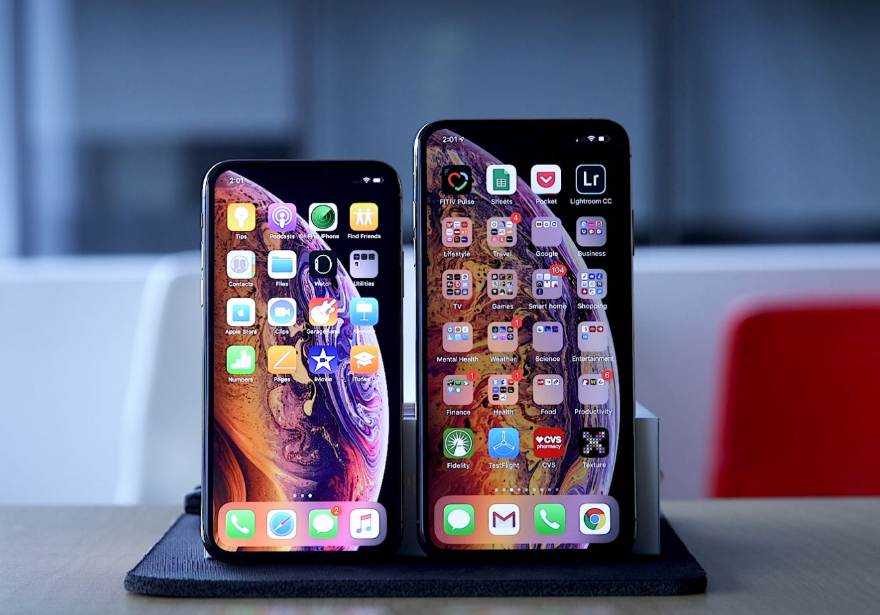 1651
1651
 2018-12-25
2018-12-25
Apple is expected to launch three new iPhones next year, the direct successors of the iPhone XS, XS Max, and iPhone XR. The company isn’t expected to deliver any significant design changes though, which means Apple’s notch design will stay in place for the third year. However, a leaker claims that the 2020 iPhone models will deliver a screen redesign in line with what Samsung is already doing now. We’re talking about Infinity-O screens that have no notches since the selfie cam punches through the screen. But don’t think Apple is preparing to simply copy Samsung’s new smartphone design. That’s because Apple filed a patent describing technology for drilling holes in displays all the way back in 2016, well before the iPhone X and its notch design arrived.

A Chinese leaker who goes by the name Ice Universe on Twitter and Weibo, and who usually focuses on Samsung leaks, posted the following message a few days ago. According to his note, the 2019 iPhones will still have a notch and the 2020 models will have hole-in-display designs.
While Apple settles on the next-gen iPhone design well in advance of its launch, it’s probably too early for 2020 iPhone leaks, so we’ll have plenty of time to wait before we see whether the leaker’s information is accurate.
I will point out that Apple’s patent goes into plenty of technical details about the manufacturing processes required to drill camera holes in displays. And remember, Apple doesn’t have a display-manufacturing arm like Samsung. But Apple is studying the same screen technology that will proliferate in the coming months. Both Samsung and Huawei launched displays with camera holes in the past few weeks, although the Galaxy S10’s Infinity-O screen is expected to be even more sophisticated.
Also, if Apple does move forward with this rumored design for 2020, we should expect the iPhone maker to find a way to preserve Face ID functionality on iPhones without notches. As we explained before, the Galaxy S10 may have an exciting design, but Samsung doesn’t have complex 3D facial recognition on its phones.
Face ID has a number of components that make it work, which require several holes in the screen. Face ID is what made Apple go with the notch design on the iPhone, and that’s because Apple decided to get rid of Touch ID on the iPhone X in 2017 to extend the phone’s display. That meant Apple had to replace Touch ID with something at least as secure. In the past few months, Apple confirmed its intention to rely solely on Face ID for user authentication, and no new iPhones or iPad Pros have fingerprint sensors.
Source: bgr